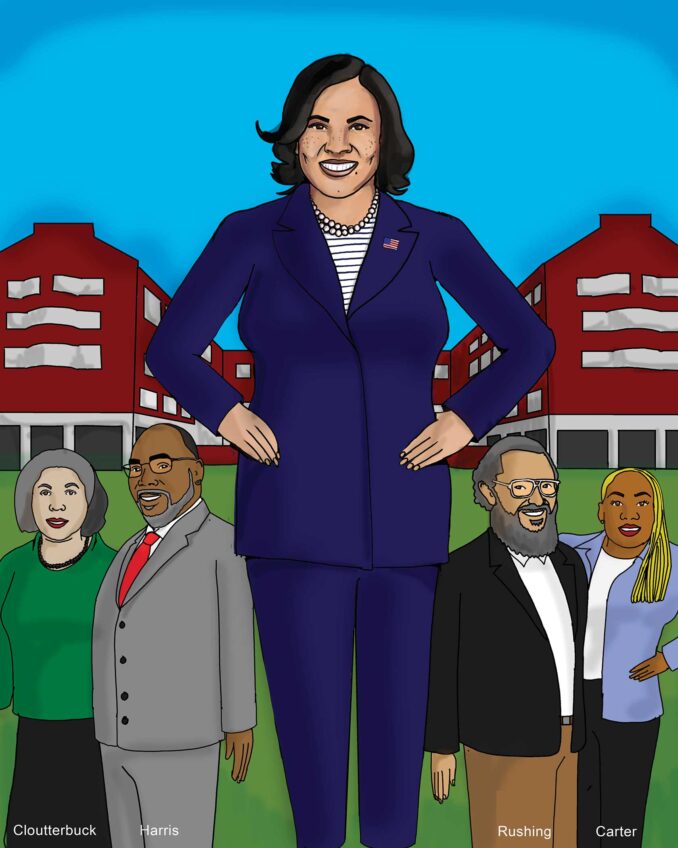
The recession and its straggling aftermath are over for the affluent. According to an analysis of Internal Revenue Service data, incomes of the richest 1 percent of Americans increased by almost 20 percent in 2012. That left little of the reported household income growth in America for others. The remaining 99 percent had only a 1 percent increase in income.
The wealthy lost more than 36 percent of their income during the Great Recession of 2007-2009. Since the recession ended in June 2009 the top 1 percent have earned 95 percent of the income gains. The top 1 percent of American households have income before taxes of $394,000 or more.
Americans do not resent the financial success of their fellow citizens. Everyone tends to believe in the American Dream that with sustained effort and compliance with the rules, anyone can achieve great success. That is the social contract the country has with all its citizens.
However, there is an aspect to their agreement that is sometimes ignored by the conservatives. The rules must be fair, and there must be a reasonable safety net for those who try hard but miss the brass ring. Unfortunately, radical conservatives seem to believe that the government should provide little relief for citizens suffering hard times.
Conservatives generally support government policies to help business expand but they are critical of programs to help individuals thrive and assume the risk of entrepreneurship. The fundamental reasons for this state of mind are an understandable aversion to taxes and an excessive belief in the ability of the free market to correct all economic problems.
The conservative concept of rugged individualism also suggests that people should succeed or fail depending upon their own talents and energy. Indeed it is counterproductive to establish policies that discourage effort, but why should there be an aversion in the U.S. against affordable health care? Even with so-called Obamacare, it is projected that 1.7 million American households will be pushed into bankruptcy this year because of medical bills. Is health care an unreasonable entitlement?
A quality education is a requirement for financial success in today’s high technology world. Before there were public schools only the wealthy could afford an education. Now there is a continuing problem of developing public schools that are effective, and it appears that as once before, quality education is more readily available to the wealthy. College graduates from less affluent families are saddled with enormous debt from college expenses, and they often cannot afford the more prestigious colleges.
Conservatives are reluctant to adjust the minimum wage to keep pace with inflation. Hard-working Americans at that pay scale are forced to live in poverty. Yet there seems to be limited concern with the problems of the working poor. There are some who would even begrudge those who are qualified the food stamps to enable them to feed their families.
While there is a general opportunity for affluence for all Americans, it is now clear to everyone that only 1 percent of the population makes it to the upper income levels. Those who are 99 percenters, especially in the lower levels, should not be left destitute if they reach for the elusive American Dream and fall short.






